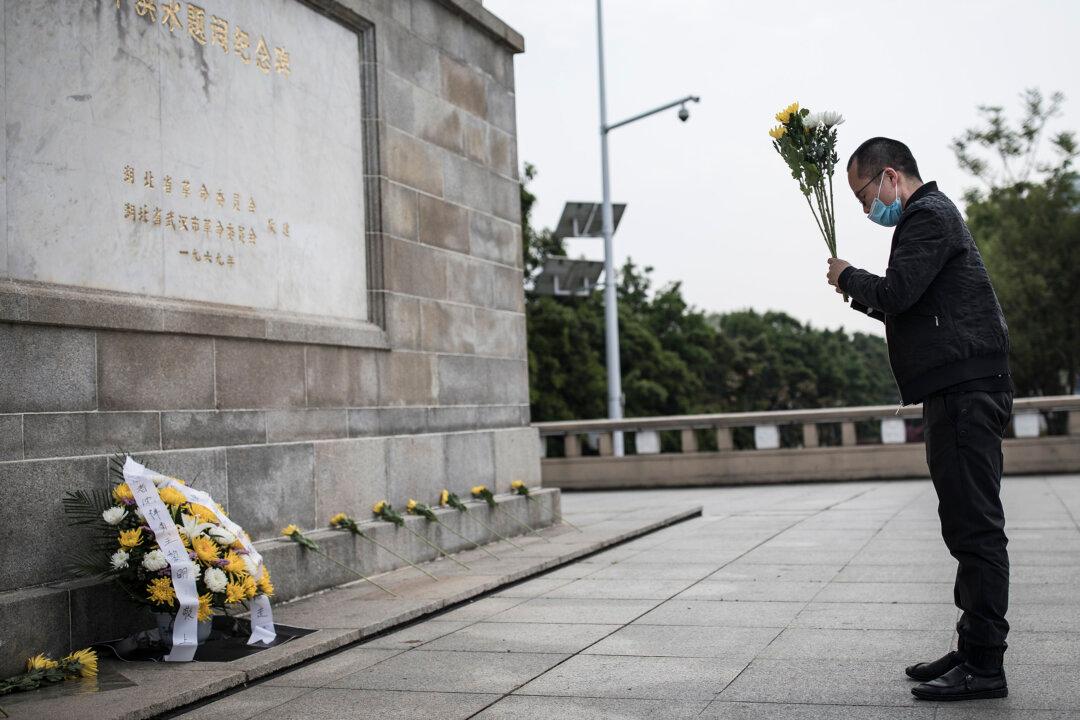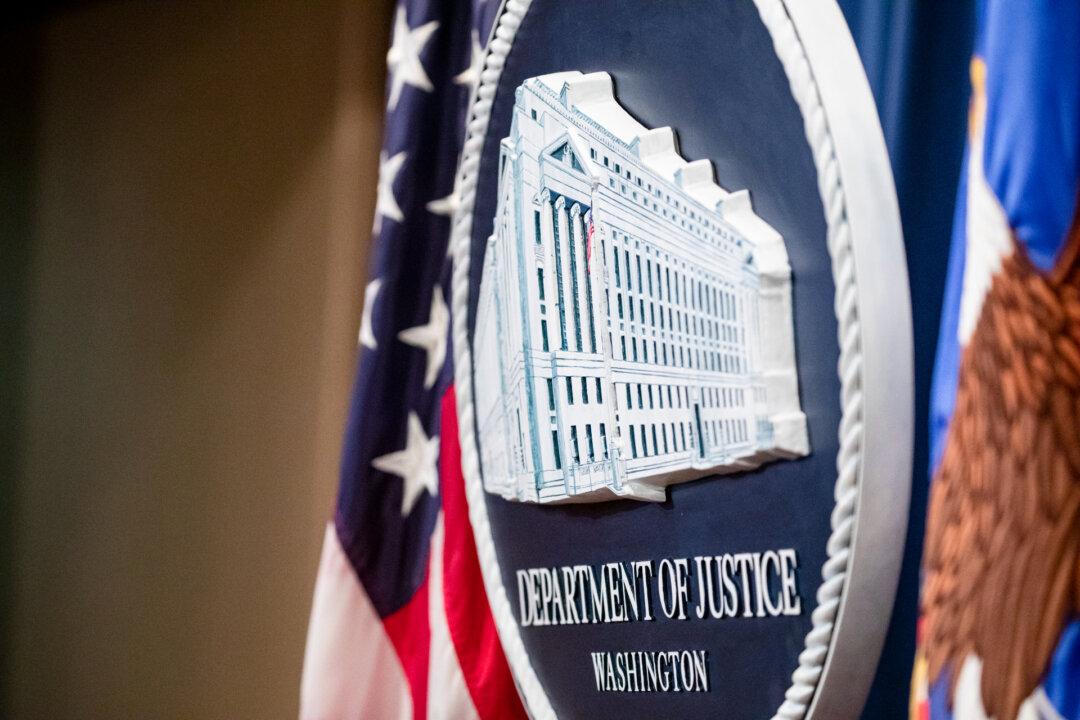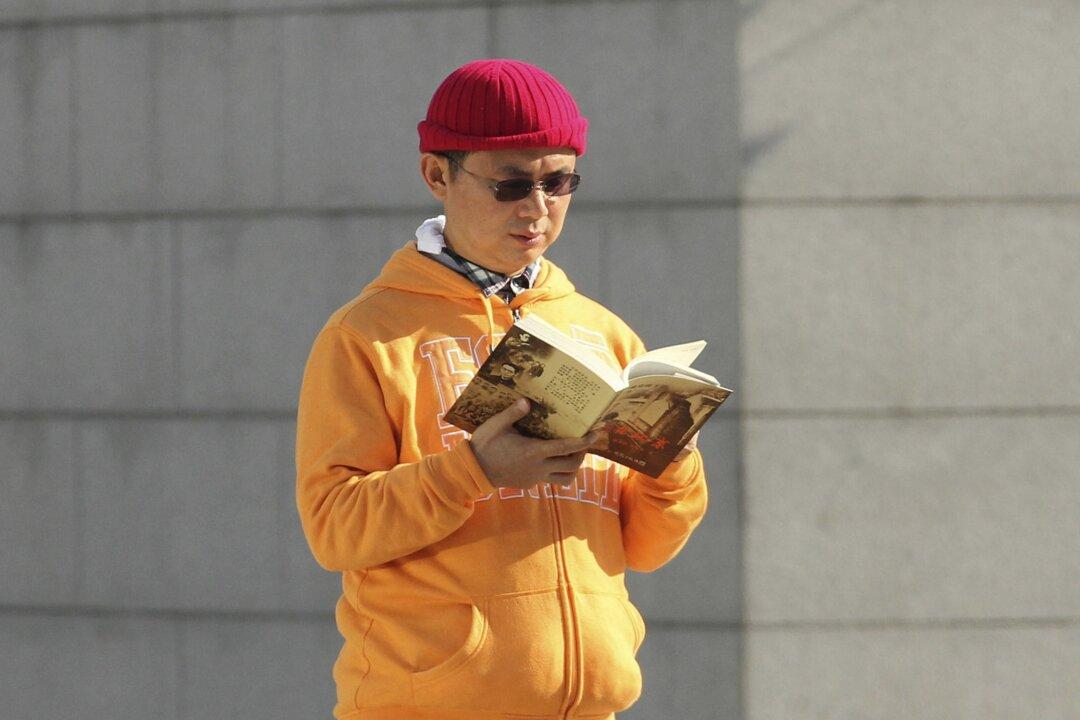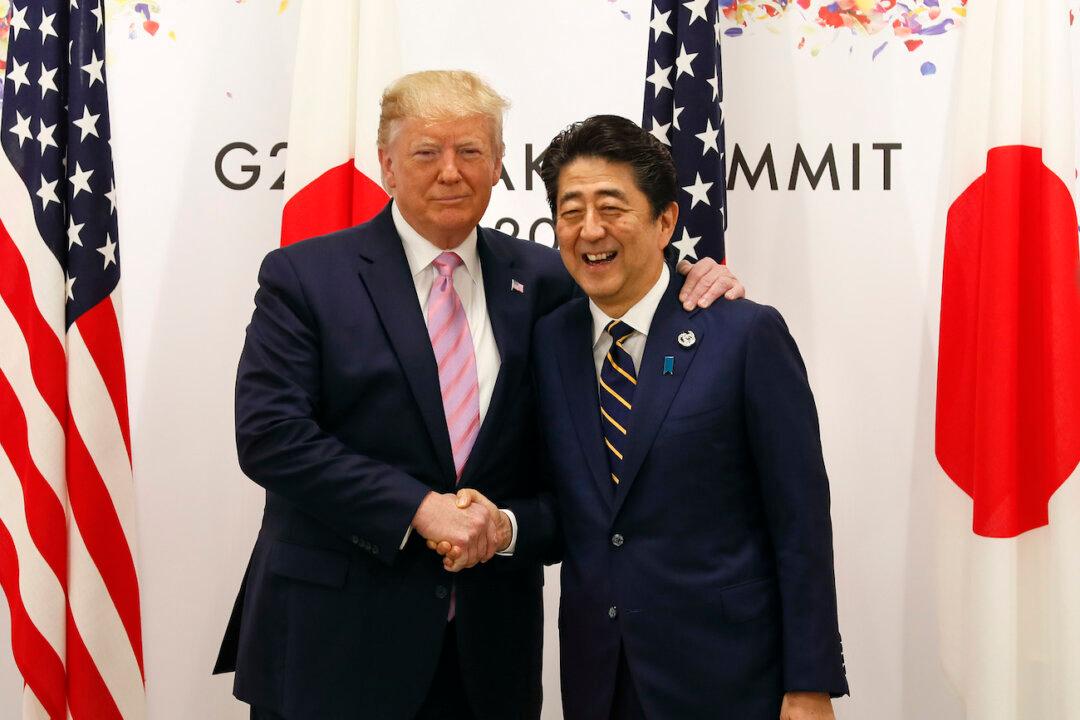Jan. 23 marks the first anniversary of the Wuhan lockdown due to the CCP (Chinese Communist Party) virus outbreak. Amid the COVID-19 pandemic, Wuhan residents voiced their concerns and called on more people to reflect upon the unprecedented disaster and prevent it from recurring.
A local surnamed Hao told the Chinese-language Epoch Times that officials regard Jan. 23 as a sensitive date, and they have cautioned many residents against accepting interviews from foreign media outlets. He said they are attempting to cover up their botched handling of the CCP virus when it first broke out in Wuhan.





